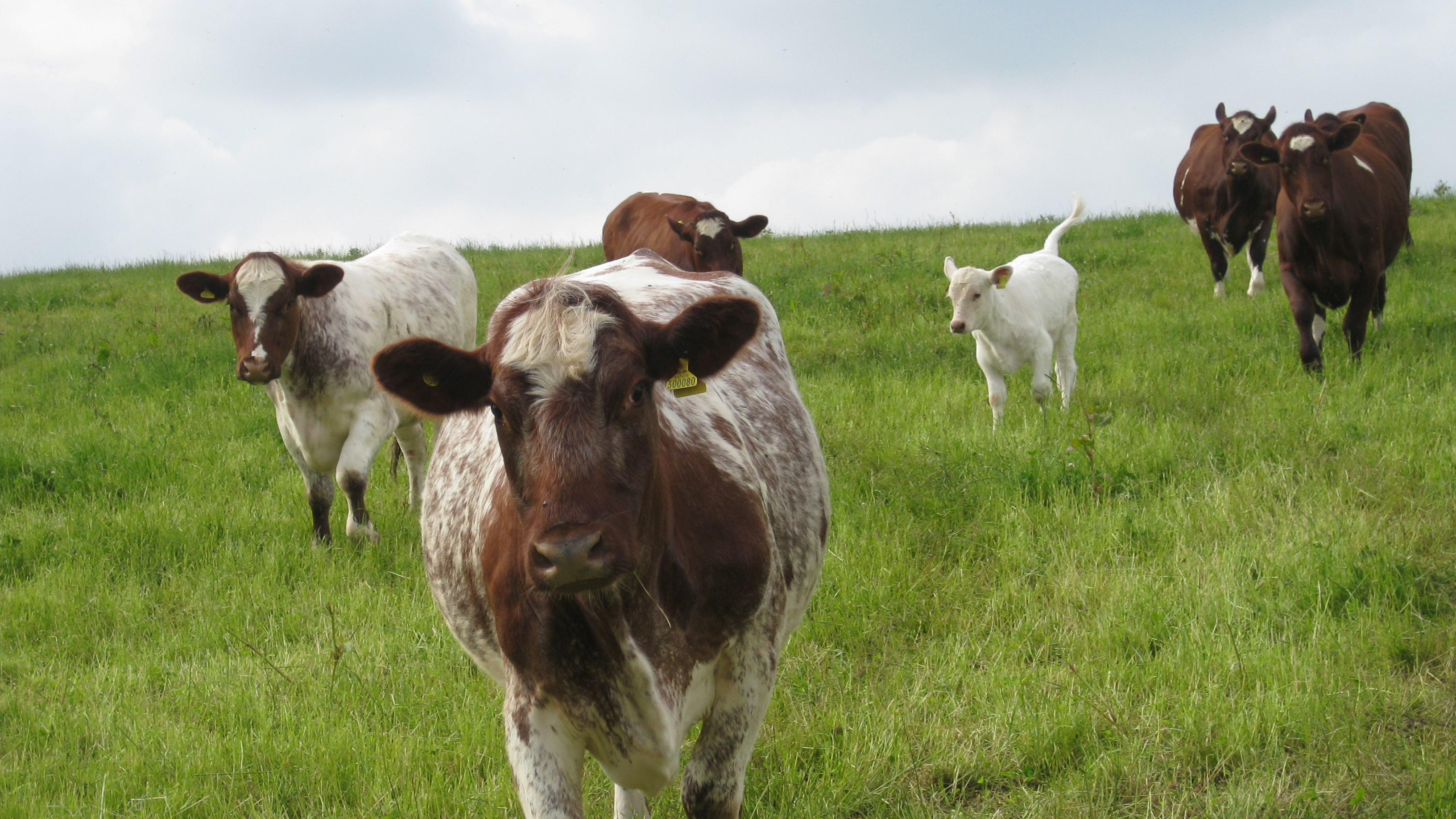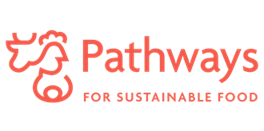- Six focus groups were held to discuss shopping and eating habits around red meat with individuals representative of PFLA meat consumers, supermarket meat consumers and flexitarians.
- Participants discussed what affected decision making (including labelling) when buying meat and wider debates around food systems.
The outcomes of the workshop have been shared with the PFLA and with project stakeholders. A short academic paper is planned.

